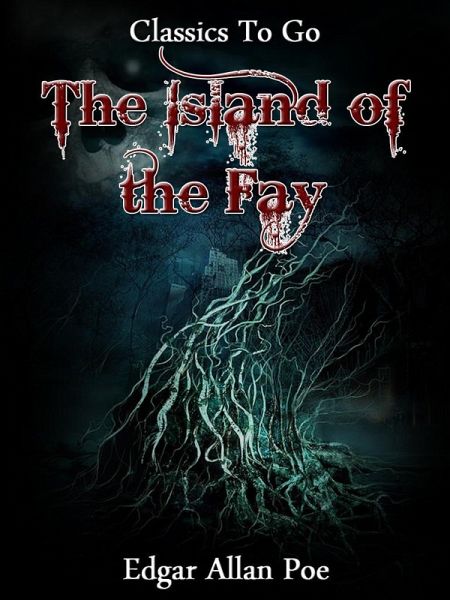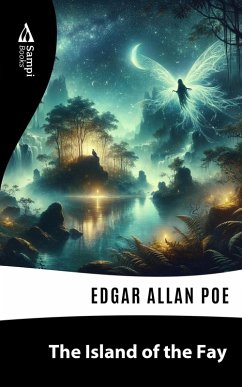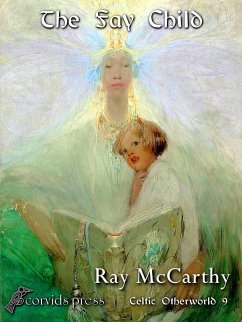
The Island of the Fay (eBook, ePUB)
Versandkostenfrei!
Sofort per Download lieferbar
1,99 €
inkl. MwSt.
Weitere Ausgaben:

PAYBACK Punkte
1 °P sammeln!
The scenario of this work is atypical for Poe. The narrator begins his tale by commenting that "the higher order of music is the most thoroughly estimated when we are exclusively alone." Only then, he states, can its "spiritual uses" be fully appreciated. "But there is one pleasure still within the reach of fallen mortality--and perhaps only one--which owes even more than does music to the accessory sentiment of seclusion. I mean the happiness experienced in the contemplation of natural scenery. In truth, the man who would behold aright the glory of God upon earth must in solitude behold that ...
The scenario of this work is atypical for Poe. The narrator begins his tale by commenting that "the higher order of music is the most thoroughly estimated when we are exclusively alone." Only then, he states, can its "spiritual uses" be fully appreciated. "But there is one pleasure still within the reach of fallen mortality--and perhaps only one--which owes even more than does music to the accessory sentiment of seclusion. I mean the happiness experienced in the contemplation of natural scenery. In truth, the man who would behold aright the glory of God upon earth must in solitude behold that glory." The narrator explains that the presence of any other form of life other than "the green things which grow upon the soil and are voiceless" is "at war with the genius of the scene." The "dark valleys," the "grey rocks," the "waters that silently smile," the "proud watchful mountains" are "the colossal members of one vast animate and sentient whole...whose life is eternity; whose thought is that of a God; whose enjoyment is knowledge; whose destinies are lost in immensity; whose cognisance of ourselves is akin with our own cognisance of the animalcule which infest the brain--a being which we, in consequence, regard as purely inanimate and material, much in the same manner as these animalcule must thus regard us."
Dieser Download kann aus rechtlichen Gründen nur mit Rechnungsadresse in A, B, BG, CY, CZ, D, DK, EW, E, FIN, F, GR, HR, H, IRL, I, LT, L, LR, M, NL, PL, P, R, S, SLO, SK ausgeliefert werden.













